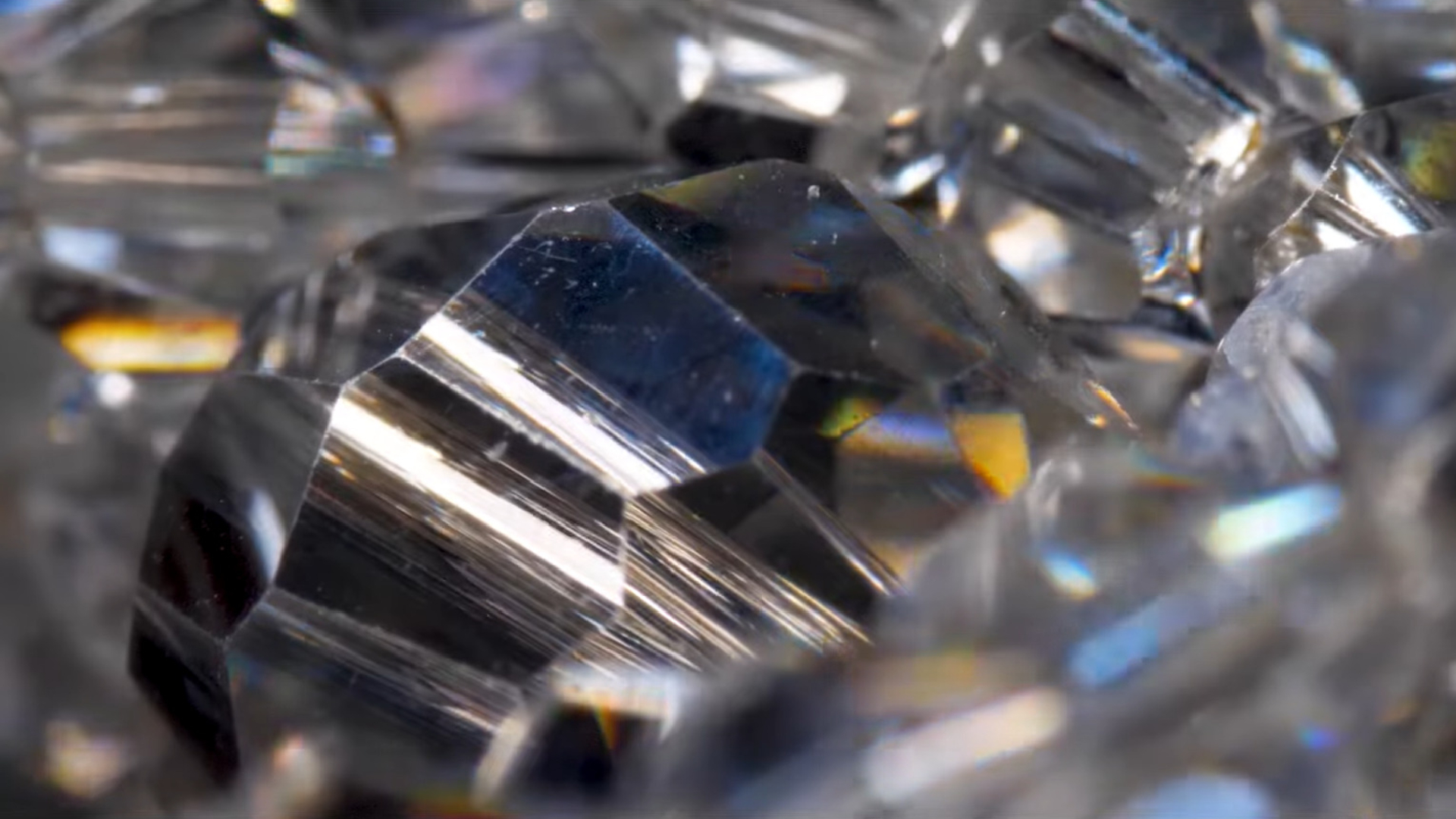
Diamonds are cool. Well, ethically sourced ones are, anyway. This I have learned from a lifetime of watching heist movies, rap videos, and loud, obnoxious people shoving them in my face at parties to show me exactly how much their partner values them, or somesuch.
But according to Akash Systems, they might actually be the future of chip cooling, too (via Tom's Hardware). The company has recently signed a "non-binding preliminary memorandum of terms" for $18.2 million of CHIPS act funding (alongside $50 million in federal and state tax credits) to scale up production of diamond-cooled semiconductors, and that's pretty hip and happening if you ask me.
While the exact methodology for how this diamond cooling technology works remains under wraps, the company has released a soaring-soundtrack-filled promotional video to explain the tech, and the claims are pretty impressive.
Akash Systems claims that it's fused synthetic diamond with conductive materials like Gallium Nitride to make semiconductors. Diamond is said to be five times more thermally conductive than copper, making it perfect for dissipating heat from electronic devices.
Diamond doesn't conduct electricity, however, so this fusing technique is supposed to be a "best of both worlds" scenario, where devices using the material are both capable of functioning in a conventional way while being much more thermally efficient—allowing chips to draw more power while running cooler than conventional chip materials currently allow.
How much more efficient? Well, Akash Systems is claiming a 20°C hot spot temperature reduction, along with potentially 50% reduced fan speeds, 25% more overclocking, a doubled potential server lifetime, and less thermal throttling overall. I'll believe it when I see it, but on the face of it, yes please.
Akash Systems says that its diamond-cooling tech is also revolutionising satellite communications thanks to the materials heat-busting properties, leading to five to ten times faster data rates, increased reliability, and a 50% smaller form factor.
Still, whether the CHIPS act funding will ever be received remains a major question mark for now. While this first step is an important one, there will be many hurdles to pass before funding could potentially be agreed.
Not to mention, with a new US government incoming, CHIPS act funding looks to be in a precarious position. President Elect Donald Trump has previously been critical of the act as a whole, so companies are now racing to get contracts approved before his administration takes over on January 20, 2025.
All that being said, this diamond-cooling tech seems promising. Anything that allows for more efficient chips strikes as a good thing to me, although whether that means my PC gets shinier on the inside remains unclear.
At some point in the near future, I'd like to wear it around my neck like Flavor Flav. Just spit balling ideas here, don't all jump on me at once.







